When it comes to travel photography, it’s not just about taking pictures; it’s about encapsulating the essence of a place, its culture, and its people. Whether you’re a seasoned photographer or an enthusiastic traveler armed with a smartphone, understanding how to capture the true spirit of a location can elevate your travel experiences and create lasting memories. In this guide, we’ll delve into some creative travel photography ideas that can help you tell a compelling visual story and showcase the unique charm of any destination.
1. Understanding the Cultural Context:
When embarking on a journey to capture the essence of a place through photography, delving into the cultural context is the first step toward creating authentic and respectful visual narratives. Beyond the technical aspects of photography, comprehending the cultural intricacies of a destination is pivotal in ensuring that your images portray the true spirit of the location. Here’s a more elaborate insight into the significance of understanding the cultural context:
- Embrace Cultural Sensitivity: Respecting local customs and traditions is essential in establishing a harmonious relationship with the community you’re photographing. Familiarize yourself with the do’s and don’ts of the culture, such as appropriate attire, gestures, and behavior, to avoid inadvertently causing offense. Show sensitivity and humility in your interactions, allowing the cultural norms to guide your approach to photography.
- Foster Meaningful Connections: Engaging with locals on a personal level can provide invaluable insights into their daily lives, aspirations, and challenges. Take the time to converse with community members, listen to their stories, and understand their perspectives. Building genuine connections not only enriches your travel experience but also allows you to capture the authentic essence of the people and their culture, adding depth and context to your photographs.
- Immerse Yourself in Local Traditions: Participate in local rituals, festivals, and ceremonies to gain a deeper understanding of their cultural significance. By immersing yourself in these traditions, you not only develop a profound appreciation for the heritage and values of the community but also acquire unique opportunities to capture moments that reflect the spirit and vibrancy of the destination. Be open to learning and be respectful of the rituals you encounter.
- Communicate with Respect: If language barriers exist, learning a few key phrases in the local language can go a long way in fostering positive interactions. Demonstrating a willingness to communicate in the native tongue showcases your respect for the local culture and helps build rapport with the people you encounter. It also enables you to communicate your intentions as a photographer, fostering a sense of trust and mutual understanding.
- Let Cultural Understanding Guide Your Composition: Allow your understanding of the cultural context to shape the way you compose your photographs. Be mindful of the elements that hold cultural significance and aim to incorporate them thoughtfully into your images. Whether it’s the traditional attire, architecture, or symbolic artifacts, integrating these elements into your compositions can provide a deeper narrative that resonates with viewers and honors the cultural heritage of the destination.

2. Emphasizing Composition:
In the realm of travel photography, mastering the art of composition is crucial for creating visually captivating images that resonate with viewers on a deeper level. A well-composed photograph not only captures the beauty of a location but also guides the viewer’s gaze to appreciate the intricacies and aesthetics of the scene. Here’s a detailed exploration of how you can emphasize composition to elevate your travel photography:
- Utilize the Rule of Thirds: The rule of thirds is a fundamental principle in photography that involves dividing the frame into nine equal parts using two horizontal and two vertical lines. By placing key elements of interest along these intersecting points or along the lines themselves, you can create a balanced and visually appealing composition that draws the viewer’s attention to the focal point while allowing the surrounding environment to complement the subject.
Here are some specific examples of how to utilize the rule of thirds in photography:
- Landscape Photography: Position the horizon along the upper or lower horizontal line to emphasize the sky or foreground, respectively, and place prominent natural elements, such as a solitary tree or a striking rock formation, at the intersecting points to create a visually dynamic composition.
- Portrait Photography: Align the subject’s eyes along the upper horizontal line and ensure that the face occupies one-third of the frame, allowing the surrounding environment to add context and depth to the portrait while maintaining a balanced and aesthetically pleasing composition.
- Architectural Photography: Frame the architectural elements, such as a towering building or an intricate doorway, along the vertical lines, and position key design features, such as windows or columns, at the intersecting points to create a visually striking image that accentuates the symmetry and grandeur of the structure.
- Street Photography: Capture candid moments of human interactions or bustling city life by positioning the main subjects, such as pedestrians or street vendors, along the intersecting points to create a dynamic and engaging composition that reflects the energy and vibrancy of the urban environment while maintaining a sense of balance and visual harmony.
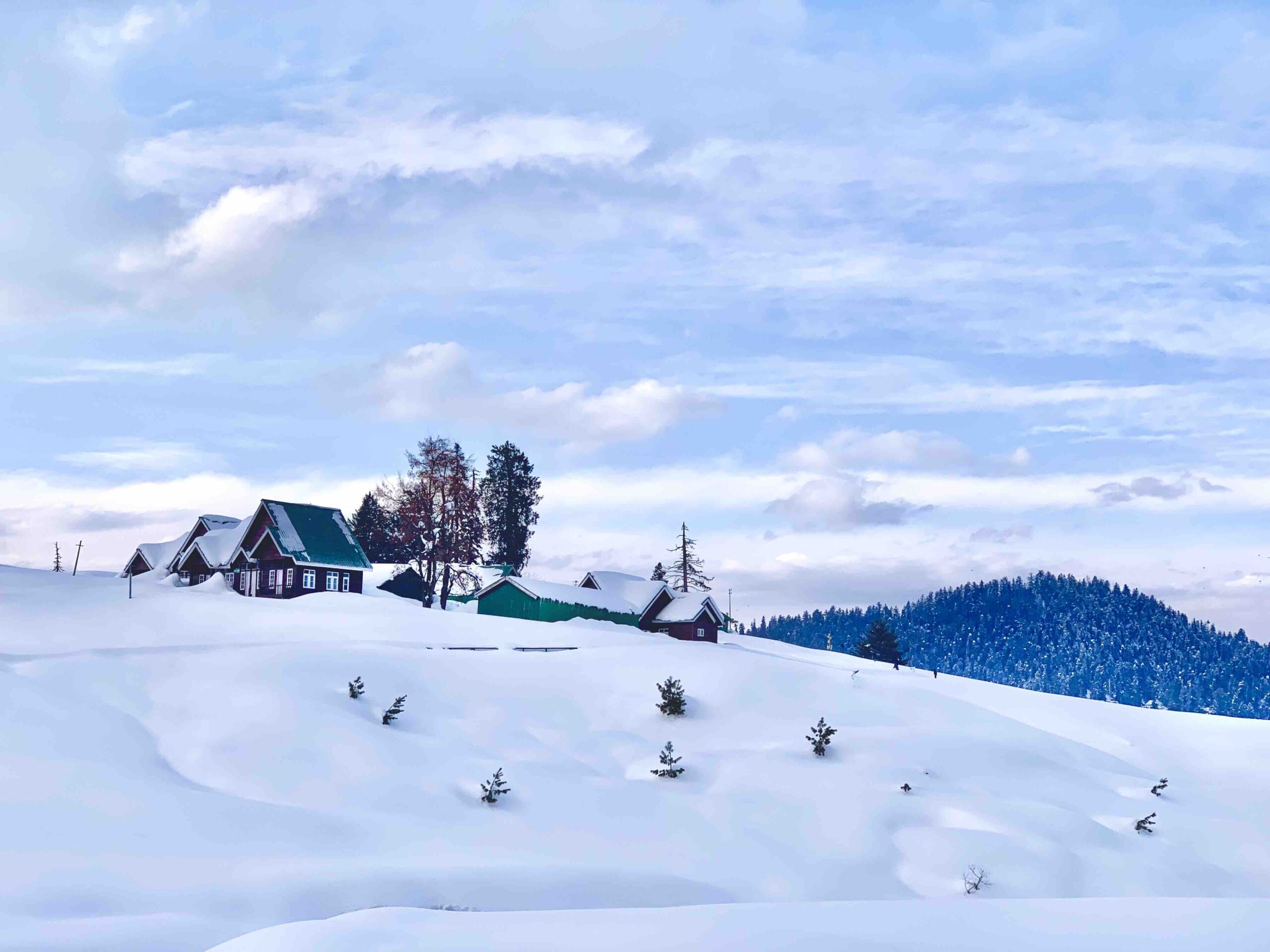
- Incorporate Leading Lines: Integrate natural or man-made leading lines within your frame to guide the viewer’s eye toward the main subject or focal point. These lines can be roads, pathways, rivers, or architectural features that create a sense of depth and perspective within the image. Leading lines not only add a dynamic element to your composition but also create a visual journey that draws the viewer into the narrative of the photograph.

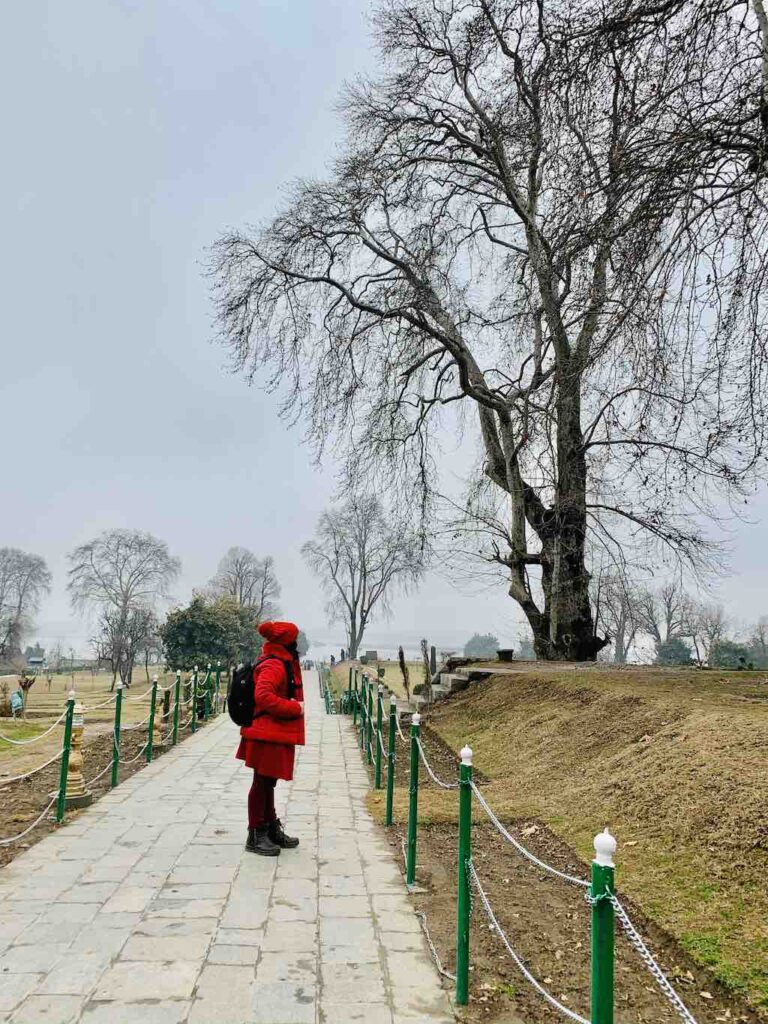
- Explore Symmetry and Patterns: Symmetry and patterns can add a sense of harmony and balance to your photographs, creating visually appealing and mesmerizing imagery. Look for architectural symmetries, natural reflections, or repetitive elements within the scene that can be used to frame your subject in a visually engaging manner. Utilizing symmetry and patterns not only enhances the aesthetic appeal of your photographs but also conveys a sense of order and tranquility that resonates with viewers.

- Experiment with Framing: Explore creative framing techniques to highlight the subject and evoke a sense of intimacy within the composition. Incorporate natural frames, such as archways, doorways, or foliage, to draw the viewer’s attention to the main focal point and add depth to the image. Strategic framing not only adds context to the subject but also creates a visual narrative that invites the viewer to explore the photograph in its entirety.
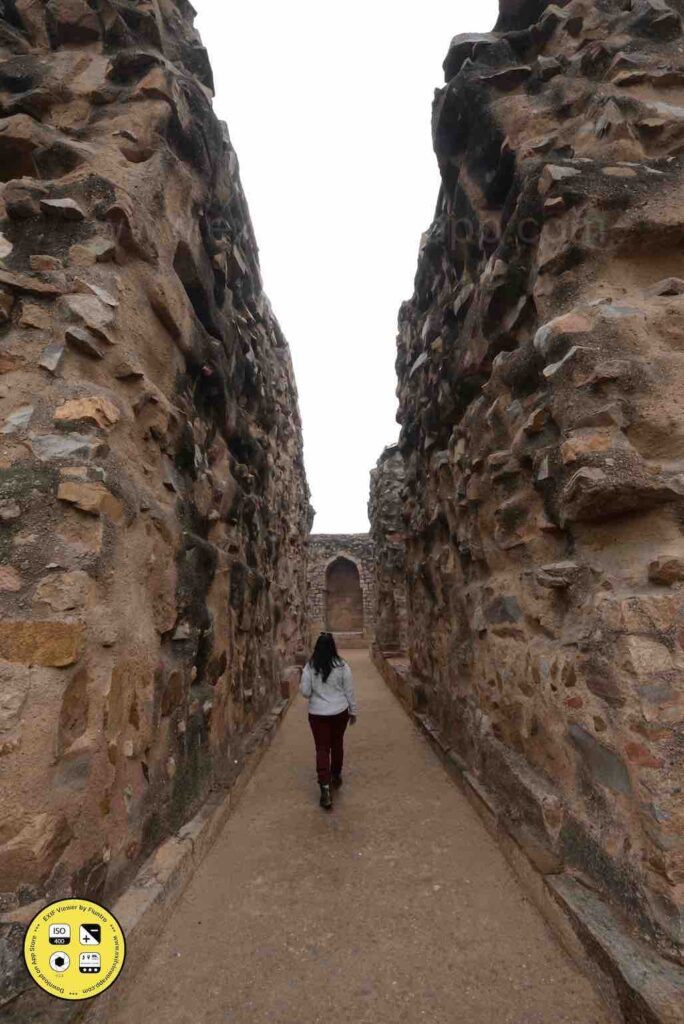
- Consider the Balance of Elements: Maintain a harmonious balance between the various elements within the frame to create a visually pleasing and cohesive composition. Pay attention to the distribution of colors, shapes, and textures to ensure that each element contributes to the overall visual impact of the image. Achieving a balanced composition allows you to highlight the beauty of the location while emphasizing the relationship between different elements within the scene.
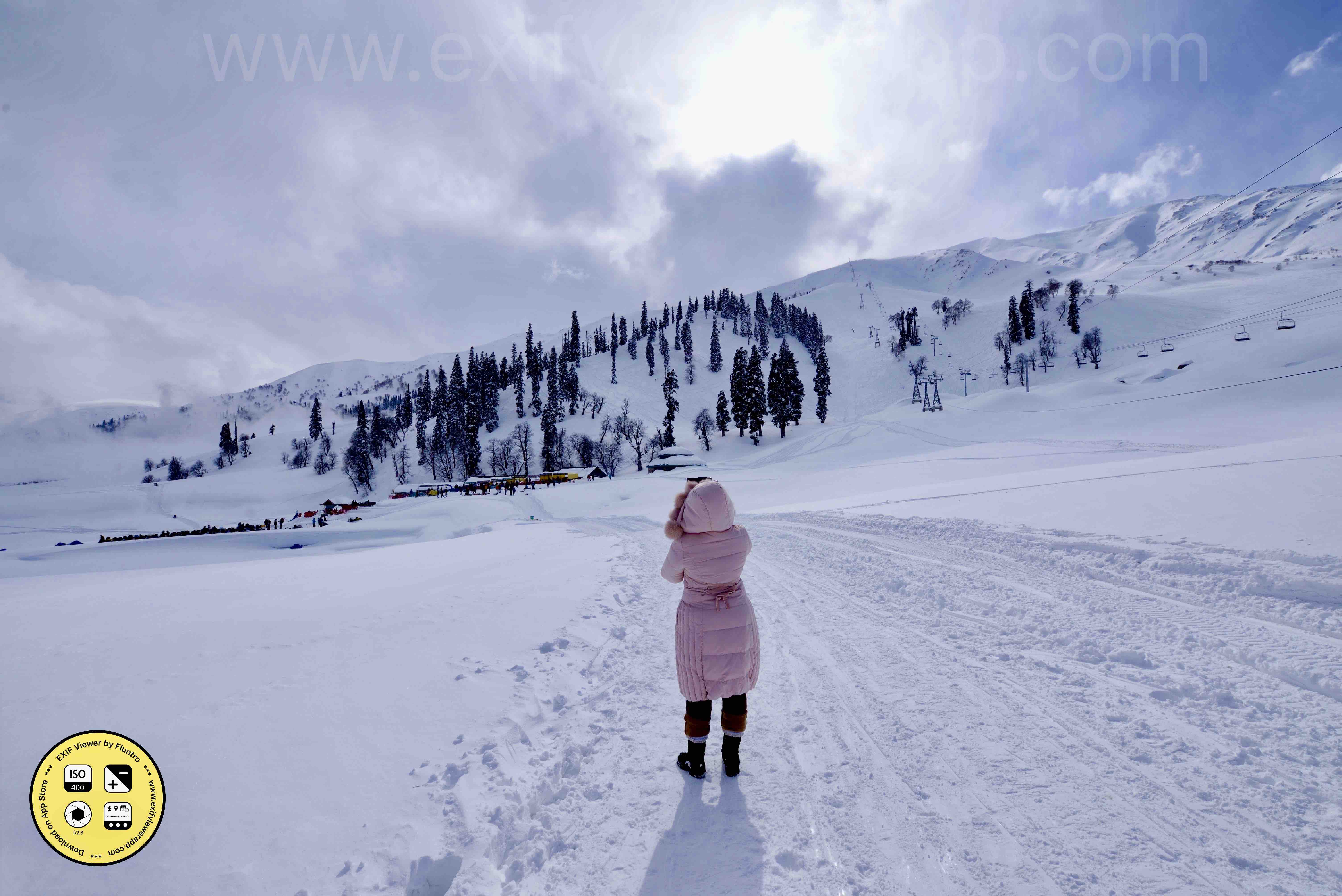
3. Capturing Authentic Moments:
In the realm of travel photography, authenticity is key to creating a powerful visual narrative that resonates with viewers. Authentic moments are unscripted instances that reflect genuine emotions, interactions, and cultural nuances, providing a deeper insight into the essence of a place. Here’s a detailed exploration of how you can capture authentic moments and infuse your travel photography with depth and sincerity:
- Cultivate Patience and Observation: Developing a keen sense of patience and observation is essential in capturing authentic moments. Take the time to immerse yourself in the surroundings, observe the dynamics between people, and anticipate fleeting moments that encapsulate the essence of the location. By remaining patient and attentive, you increase your chances of capturing genuine interactions and emotions that unfold spontaneously.
- Encourage Natural Expressions: Encourage your subjects to be themselves and express their genuine emotions and personalities. Create a comfortable and relaxed atmosphere that allows people to let their guard down, enabling you to capture authentic expressions and unfiltered moments that reflect the true spirit of the place. Avoid overly posed or contrived scenarios, and instead, aim to document the raw and unfiltered essence of the destination and its people.
- Seek Cultural Nuances and Traditions: Delve into the cultural nuances and traditions of the location to identify unique practices, rituals, or everyday customs that define the local way of life. Look for opportunities to document these cultural intricacies through your lens, highlighting the authenticity of the community and adding depth to your visual storytelling. Respectfully integrate these cultural elements into your photographs to convey the rich heritage and diversity of the destination.
- Be Ready to Capture Spontaneity: Stay alert and ready to capture spontaneous moments that unfold organically. Keep your camera easily accessible and anticipate the decisive moment when elements align to create a visually compelling and authentic image. Whether it’s a genuine smile, a heartfelt conversation, or a cultural celebration, be prepared to click the shutter at the precise moment that encapsulates the raw emotions and essence of the scene.
- Embrace the Imperfections: Embrace the imperfections and nuances that make each moment unique and genuine. Avoid excessive retouching or editing that alters the authenticity of the scene, and instead, celebrate the imperfections that contribute to the authenticity and charm of the photograph. Let these imperfections tell a story and evoke a sense of connection and relatability for the viewer, allowing them to immerse themselves in the genuine experiences of the destination.
4. Playing with Natural Light:
Mastering the art of utilizing natural light in travel photography can elevate your images, adding depth, drama, and emotion to your visual storytelling. By understanding the unique characteristics of different lighting conditions, from the soft glow of golden hour to the stark contrasts of midday and the enchanting ambiance of blue hour, you can create captivating visual narratives that reflect the essence and mood of the location. Here’s a detailed exploration of how you can effectively play with natural light to enhance your travel photography:
- Embrace the Golden Hour: Golden hour, characterized by soft, warm, and diffused sunlight, is a magical time for photography, especially for capturing landscapes and portraits. The gentle, flattering light during sunrise and sunset adds a warm glow to your subjects, accentuating textures and creating a romantic and ethereal atmosphere. Experiment with backlighting and silhouettes to add a sense of drama and depth to your photographs, infusing them with a dreamlike quality that evokes a sense of serenity and enchantment.
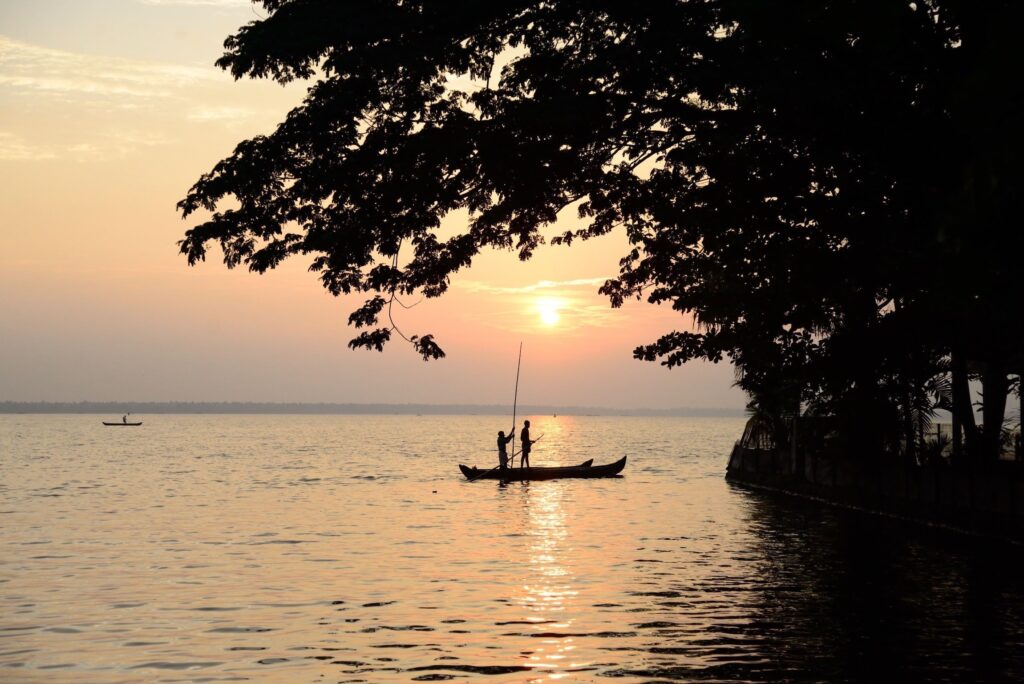
- Navigate the Challenges of Midday Light: Midday light, known for its harsh shadows and intense contrast, presents a set of challenges for photographers. To effectively work with midday light, look for ways to soften the harsh shadows by using diffusers or reflectors, and seek out shaded areas to create more even lighting for your subjects. Experiment with high-contrast compositions to add a dynamic element to your photographs, highlighting the interplay between light and shadow to create visually striking images that capture the energy and vibrancy of the location during the daytime.
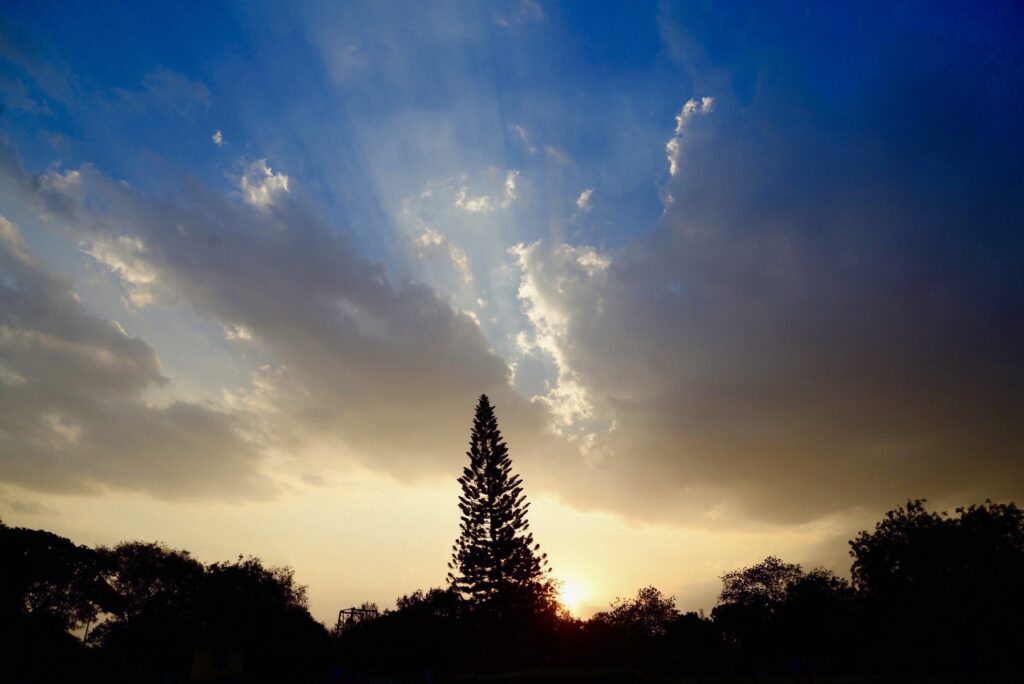
- Harness the Mystique of Blue Hour: Blue hour, occurring during twilight before sunrise and after sunset, bathes the surroundings in a surreal, soft blue hue, creating a tranquil and mystical ambiance. Make the most of this enchanting light by capturing cityscapes, landscapes, and architectural marvels against the serene blue backdrop. Experiment with long exposures to capture the interplay of natural and artificial light, creating a sense of tranquility and allure that immerses the viewer in the atmospheric charm of the location during these twilight hours.

- Adapt to Changing Light Conditions: As natural light shifts and changes throughout the day, be adaptable and responsive to these variations. Anticipate the evolving colors, contrasts, and moods that each lighting condition brings, and adjust your camera settings accordingly to capture the essence of the location in its truest form. Be mindful of the interplay between light and shadow, and use these elements to create dynamic compositions that evoke a sense of time, place, and emotion within your photographs.
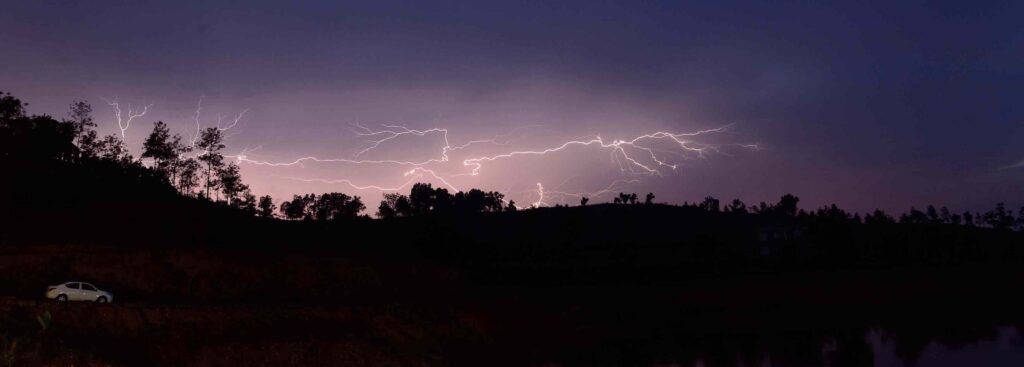
5. Showcasing Local Cuisine and Markets:
In the realm of travel photography, capturing the essence of a destination goes beyond landscapes and architecture; it also involves celebrating the cultural identity and culinary heritage of the place. Local cuisine and bustling markets serve as vibrant hubs of cultural exchange, offering a sensory journey that reflects the traditions, flavors, and communal spirit of a community. Here’s an in-depth exploration of how you can effectively showcase local cuisine and markets to give your audience a taste of the region’s culinary delights and cultural richness:
- Capture the Essence of Local Ingredients: Focus on capturing the raw ingredients and produce that form the foundation of the region’s cuisine. Highlight the vibrant colors, textures, and organic beauty of locally sourced fruits, vegetables, and spices to showcase the natural abundance and agricultural practices that define the culinary identity of the destination. Use close-up shots and macro photography to emphasize the intricate details and textures of the ingredients, allowing viewers to appreciate the diversity and freshness of the local produce.
- Document the Culinary Preparation Process: Capture the culinary preparation process, from traditional cooking methods to intricate culinary techniques that have been passed down through generations. Showcase the skill and artistry of local chefs and home cooks as they expertly craft dishes that reflect the authentic flavors and cultural nuances of the region. Focus on the hands, gestures, and tools involved in the cooking process to convey the dedication and passion that go into creating each culinary masterpiece.
- Emphasize the Cultural Significance of Dishes: Highlight the cultural significance and historical narratives behind each dish, delving into the stories, rituals, and traditions that have shaped the culinary heritage of the community. Whether it’s a celebratory feast, a symbolic dish with deep-rooted cultural meaning, or a cherished family recipe passed down through generations, document the personal and communal connections that food holds within the local culture, allowing viewers to develop a deeper appreciation for the culinary traditions and values of the destination.
- Portray the Vibrancy of Local Markets: Immerse yourself in the bustling energy of local markets, capturing the lively atmosphere, bustling crowds, and vibrant stalls teeming with a rich array of local produce and culinary delights. Showcase the interplay of colors, textures, and aromas that permeate the market, conveying the sensory experience and cultural vibrancy that define the community’s culinary landscape. Focus on the interactions between vendors and customers, documenting the lively exchanges and communal bonds that thrive within the market environment.
- Feature the People Behind the Food: Highlight the individuals behind the food, including farmers, chefs, vendors, and artisans who contribute to the rich tapestry of the local culinary scene. Capture their stories, aspirations, and cultural significance within the community, showcasing the human connections and shared experiences that form the heart and soul of the region’s gastronomic identity. Foster a sense of empathy and appreciation for the dedication and craftsmanship that these individuals bring to the culinary traditions of the destination.
6. Exploring Unique Perspectives:
In the realm of travel photography, the quest for capturing compelling images often involves exploring unconventional angles and perspectives that offer a fresh and innovative interpretation of familiar scenes. By challenging yourself to think creatively and experiment with unique vantage points, you can add an intriguing dimension to your travel photographs, allowing viewers to experience the destination from a fresh and captivating perspective. Here’s a detailed exploration of how you can effectively explore unique perspectives to elevate your travel photography:
- Experiment with Unconventional Angles: Explore unconventional angles and viewpoints that deviate from the standard eye level. Experiment with low-angle shots to emphasize the grandeur and scale of architectural marvels, or venture into high-angle perspectives to capture sweeping vistas and bustling cityscapes from a bird’s eye view. By embracing unconventional angles, you can create dynamic compositions that offer a fresh and immersive visual experience, inviting viewers to rediscover familiar scenes from a new and captivating perspective.
Example: Capture the bustling streets of a vibrant market from the top of a nearby building or a higher vantage point, allowing the viewer to appreciate the intricate patterns of the market stalls and the vibrant energy of the crowd from a unique aerial perspective.
- Focus on Intricate Details: Zoom in on intricate details and elements within the scene to highlight the often overlooked nuances that contribute to the unique character and charm of the destination. Whether it’s capturing the intricate textures of local handicrafts, the intricate patterns adorning historical landmarks, or the subtle expressions of the people you encounter, emphasizing intricate details can add a layer of depth and intimacy to your photographs, enabling viewers to appreciate the intricacies and craftsmanship that define the essence of the location.
- Incorporate Environmental Elements: Integrate natural elements and environmental features into your compositions to add context and depth to your photographs. Experiment with framing techniques that incorporate natural frames, such as foliage, archways, or windows, to create a visual narrative that establishes a connection between the subject and its surrounding environment. By seamlessly blending the subject with the natural elements, you can create a cohesive and immersive visual story that captures the symbiotic relationship between humanity and nature within the destination.
- Scale and Proportion Contrast: Capture a solitary figure walking along the vast expanse of a pristine beach, emphasizing the contrast between the small human presence and the expansive natural beauty of the coastline, showcasing the individual’s contemplative journey within the vastness of nature.
- Infuse a Sense of Motion and Energy: Capture the dynamic energy and vibrancy of the destination by infusing a sense of motion into your photographs. Experiment with techniques such as panning, long exposure, or capturing candid moments of movement to convey a narrative of action and liveliness within the scene. By effectively capturing the fluidity and energy of the surroundings, you can create visually dynamic images that transport viewers into the heart of the action, allowing them to experience the destination’s vitality and liveliness firsthand.



7. Using Landscapes to Tell a Story:
- Convey the spirit of the environment by capturing the textures, light, and shadows that define the unique geographical identity of the place.
- Celebrate the passage of time by showcasing the changing moods and nuances of the landscapes throughout different times of the day and seasons of the year.
- Emphasize scale and magnitude by juxtaposing human elements or architectural structures against the expansive backdrop of natural wonders, highlighting the contrast between human existence and the enduring grandeur of the natural world.
- Evoke an emotional response by capturing the ethereal beauty of mist-covered valleys, serene lakes, or dramatic waterfalls, fostering a sense of wonder, awe, or introspection within the viewer.


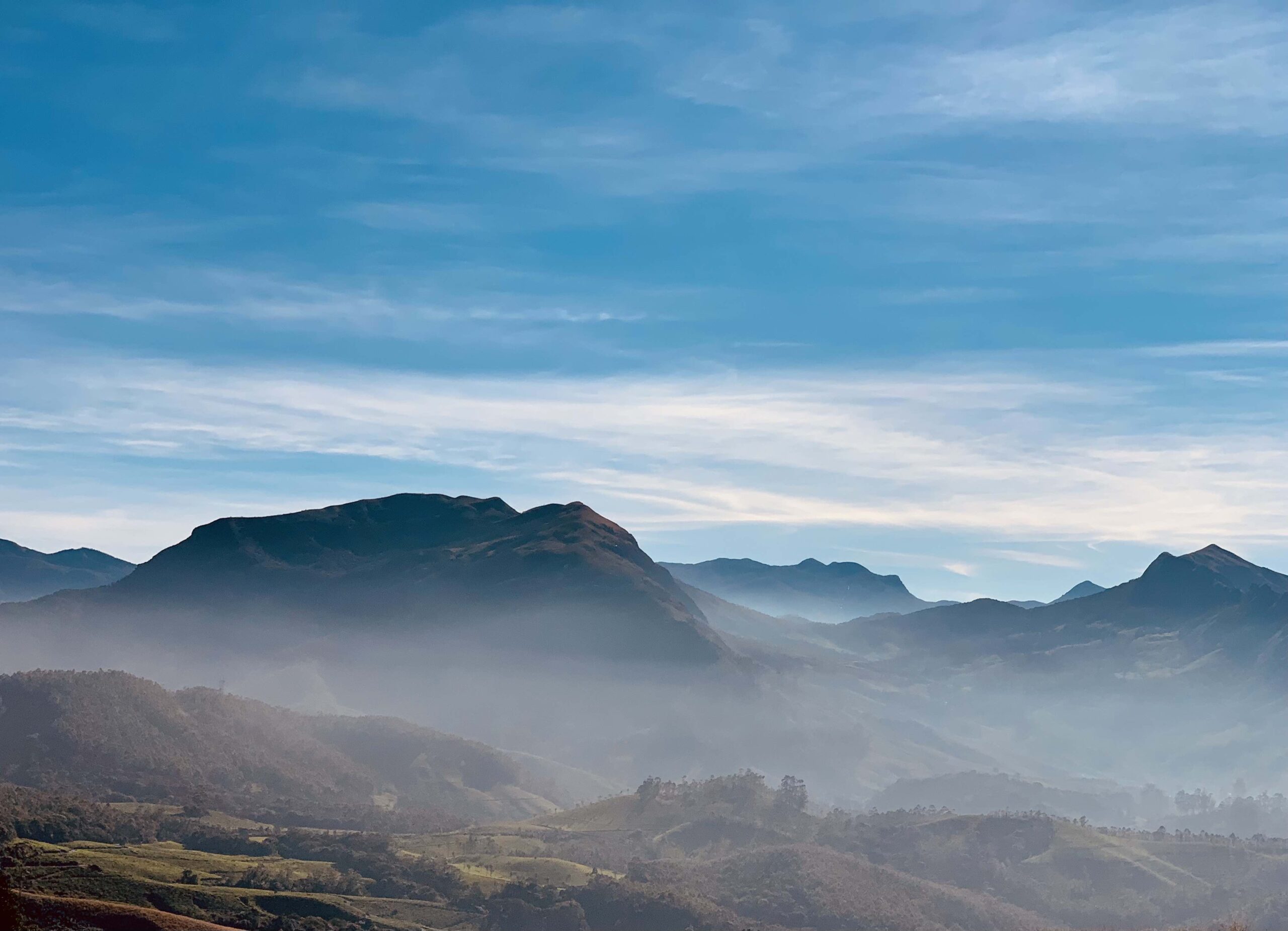
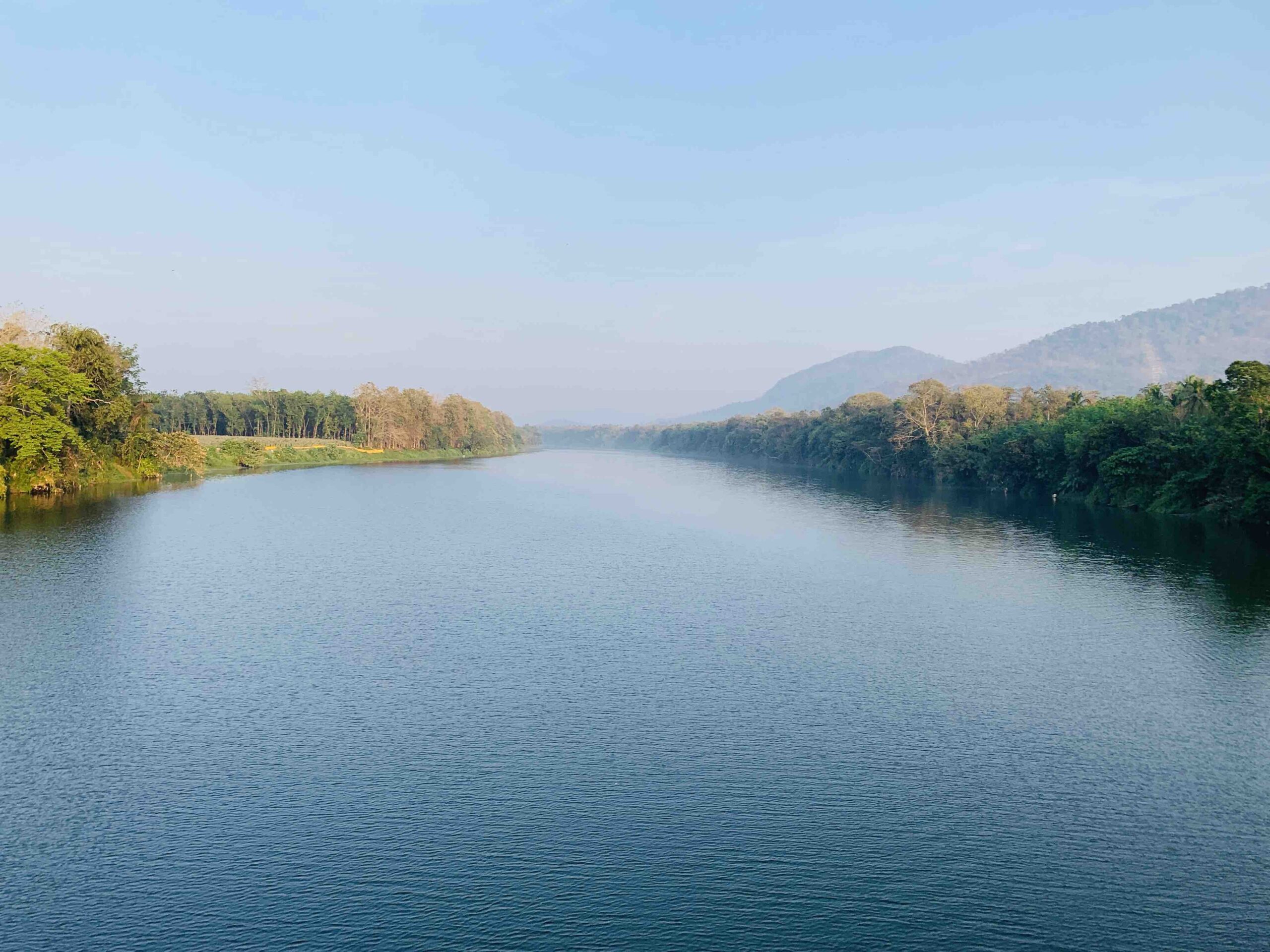
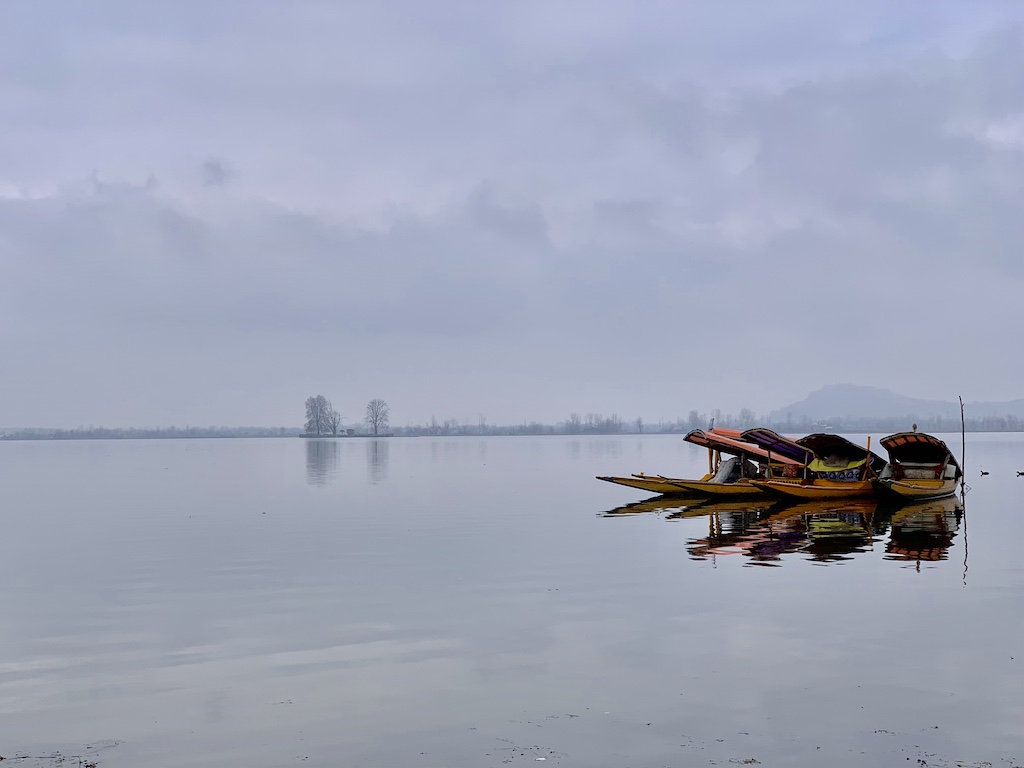
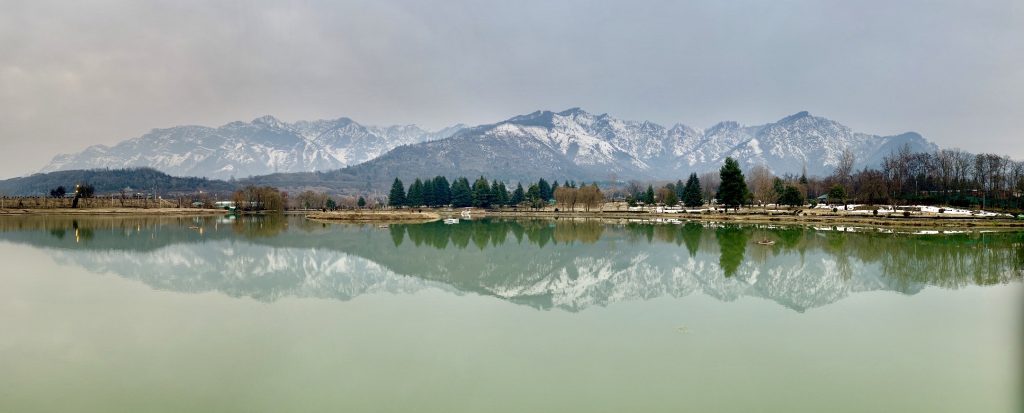
8. Documenting Local Festivals and Events:
Immersing yourself in the rich tapestry of local festivities and cultural events provides a unique opportunity to capture the vibrancy, traditions, and communal spirit that define the cultural identity of a destination. By documenting traditional ceremonies, celebrations, and rituals, you can create a visual narrative that encapsulates the spirit of joy, unity, and cultural pride that infuse these events with a sense of belonging and shared heritage. Here are some additional insights on how you can effectively document local festivals and events to create a compelling visual story:
- Showcase Cultural Diversity: Highlight the diversity of cultural expressions and traditions by capturing the intricate details, vibrant costumes, and symbolic rituals that reflect the unique heritage and beliefs of the community. Focus on documenting the interplay of colors, music, and dance that define the essence of the festivities, allowing viewers to appreciate the cultural intricacies and artistic expressions that contribute to the region’s vibrant tapestry of traditions.
- Capture Moments of Reverence and Devotion: Document moments of reverence and spiritual devotion during religious ceremonies and cultural observances. Capture the expressions of faith, devotion, and spiritual contemplation that resonate within the hearts of the participants, conveying a sense of transcendence and communal connection that transcends geographical boundaries and cultural differences. By capturing these moments of spiritual significance, you can create a visual narrative that celebrates the universal aspects of human spirituality and cultural devotion.
- Highlight Communal Celebrations: Focus on capturing the communal bonds and shared joy that unite participants during festive gatherings and communal celebrations. Document the laughter, camaraderie, and collective enthusiasm that permeate the atmosphere, showcasing the spirit of camaraderie and unity that fosters a sense of belonging and cultural pride within the community. By highlighting these moments of shared celebration, you can create a visual story that celebrates the resilience and vibrancy of the human spirit, fostering a sense of inclusivity and cultural appreciation among viewers.
- Convey the Essence of Tradition: Convey the essence of tradition by documenting the generational transfer of cultural practices, values, and rituals during the festivities and events. Capture the intergenerational interactions, the passing down of ancestral knowledge, and the preservation of time-honored customs that serve as a testament to the enduring legacy of the community’s cultural heritage. By showcasing the continuity of tradition, you can create a visual narrative that honors the cultural resilience and heritage that form the bedrock of the community’s collective identity and pride.
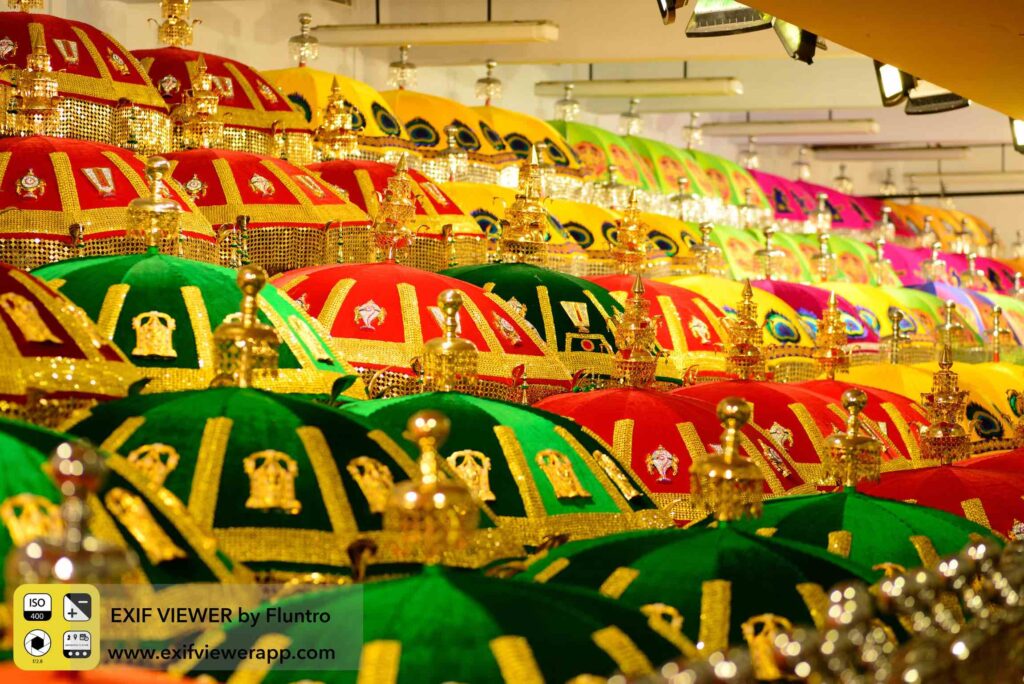
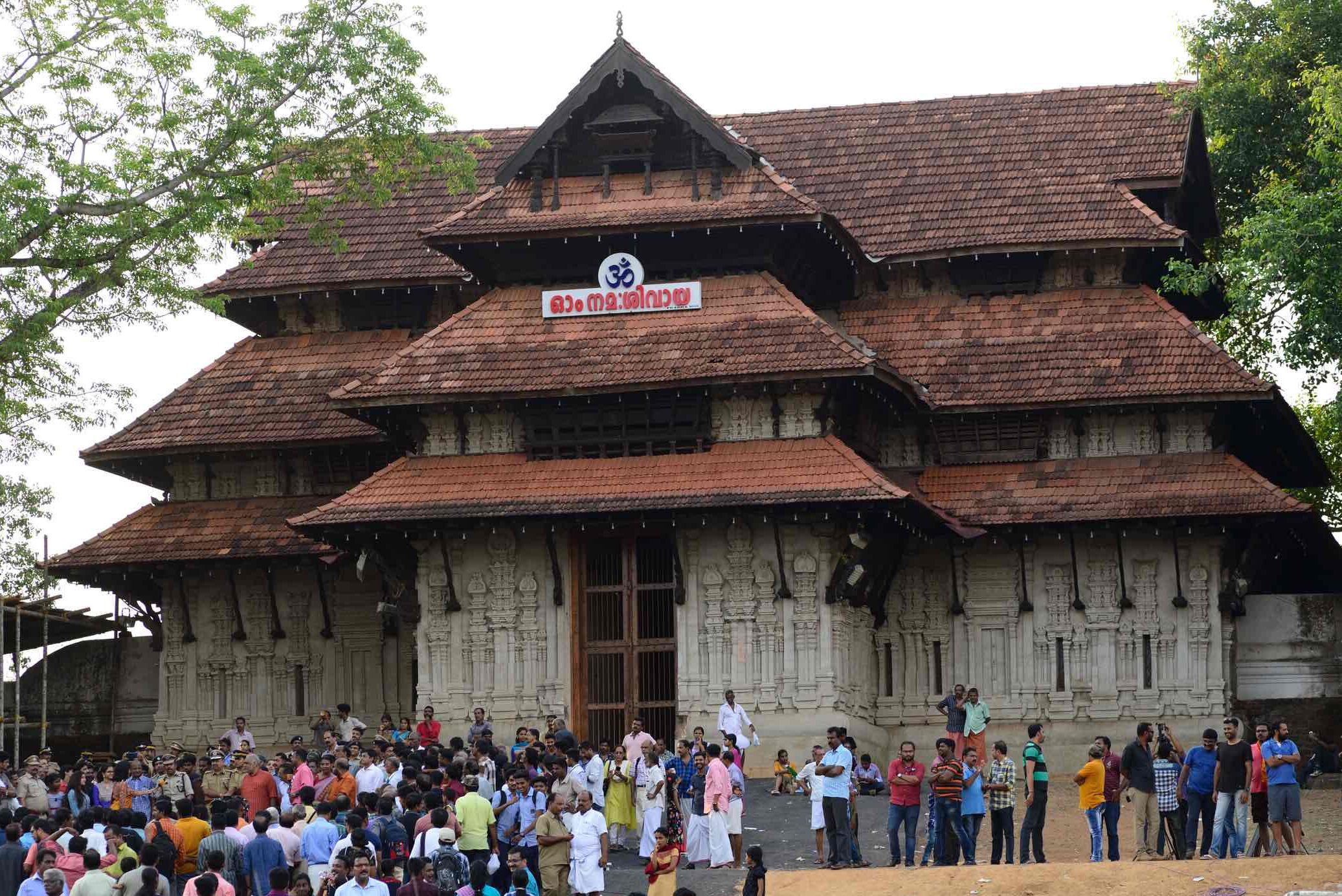
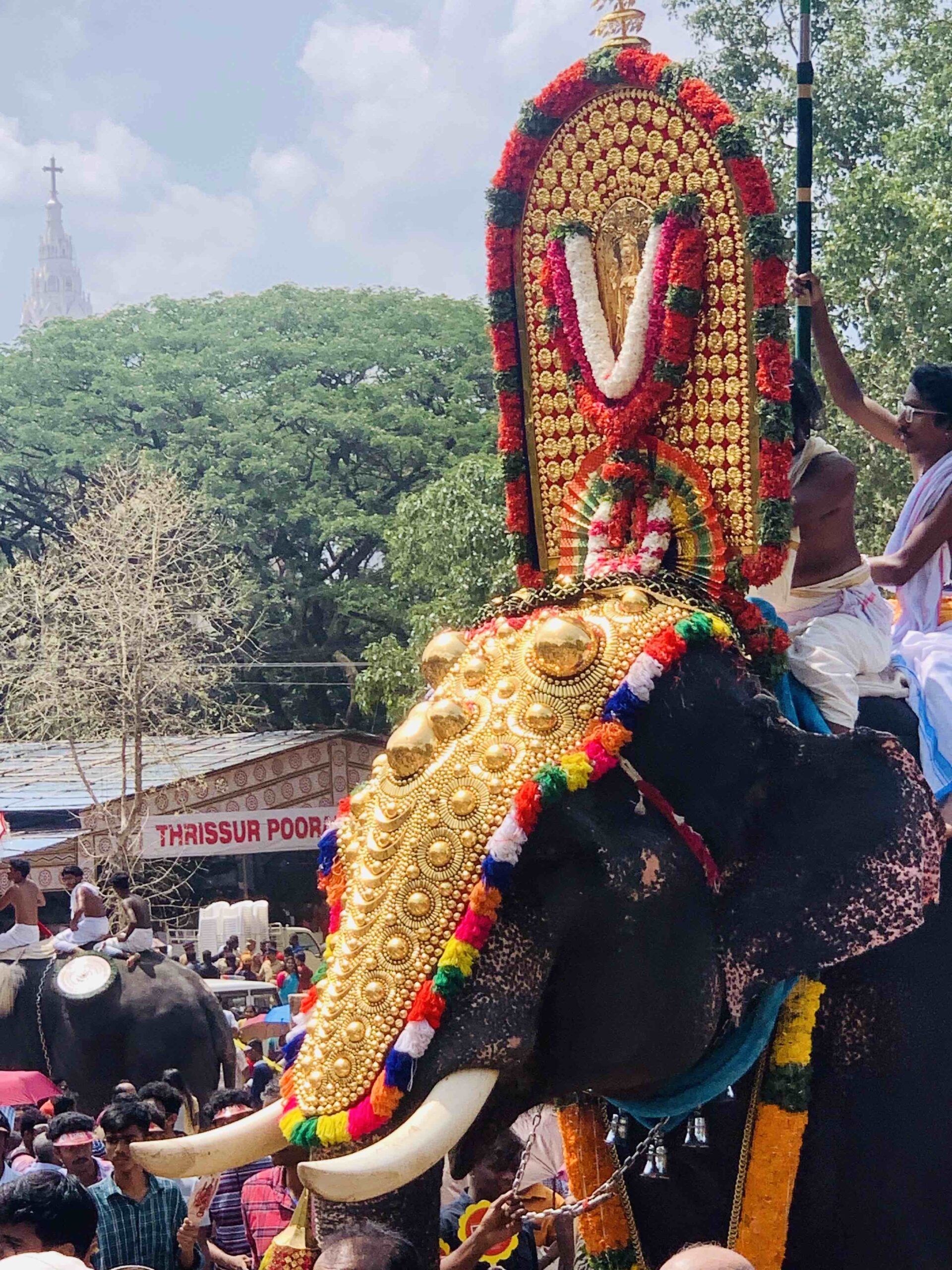
9. Highlighting Architectural Marvels:
Architectural wonders stand as timeless testaments to a location’s rich history, cultural identity, and artistic legacy. By showcasing the intricate details, unique designs, and historical significance of the region’s architecture, you can offer your audience a compelling visual journey through the evolution of human creativity and cultural heritage. Here are some additional insights to help you effectively highlight architectural marvels and convey the essence of the destination’s architectural legacy:
- Illuminate Historical Narratives: Illuminate the historical narratives and cultural significance embedded within the architectural marvels by capturing the intricate carvings, symbolic motifs, and ornate decorations that reflect the region’s historical milestones and cultural influences. Focus on documenting the architectural elements that narrate stories of bygone eras, dynasties, and civilizations, allowing viewers to delve into the rich tapestry of the region’s cultural and artistic evolution through the lens of its architectural heritage.
- Emphasize Structural Ingenuity: Emphasize the structural ingenuity and engineering prowess demonstrated in the construction of architectural marvels, showcasing the innovative designs, intricate engineering techniques, and sustainable building practices that define the region’s architectural legacy. Highlight the fusion of traditional craftsmanship with modern design elements, capturing the seamless integration of cultural aesthetics and functional efficiency that have contributed to the architectural marvels’ enduring relevance and impact.
- Capture the Interplay of Light and Shadow: Capture the interplay of light and shadow that accentuates the architectural intricacies and textures, creating a dynamic visual experience that highlights the depth, dimension, and sculptural beauty of the structures. Experiment with different times of the day and lighting conditions to capture the ever-changing nuances of light that transform the architectural marvels into captivating works of art, evoking a sense of awe and reverence for the interplay between human creativity and natural elements.
- Foster an Appreciation for Preservation: Foster an appreciation for the preservation and conservation efforts dedicated to safeguarding the architectural marvels for future generations. Document the restoration initiatives, the meticulous conservation practices, and the community’s collective efforts to protect and uphold the architectural legacy as a living testament to the region’s cultural pride and historical legacy. By highlighting the importance of preservation, you can inspire viewers to value the intrinsic significance and enduring beauty of the architectural marvels as a shared cultural heritage that transcends time and generations.

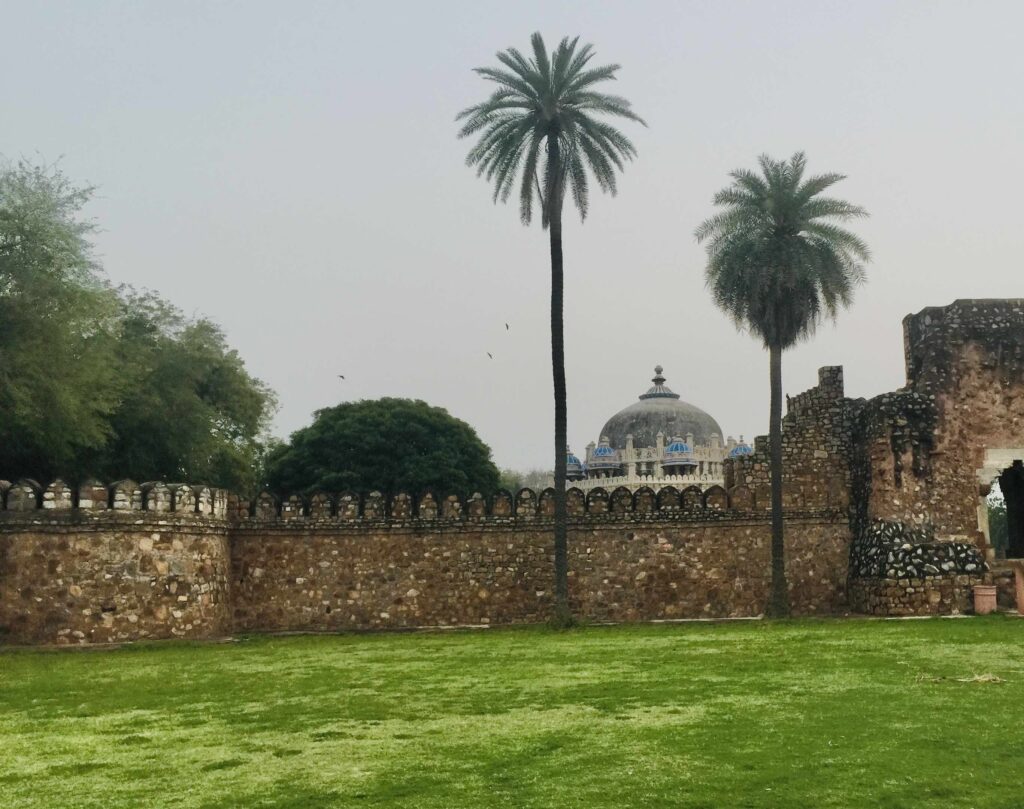
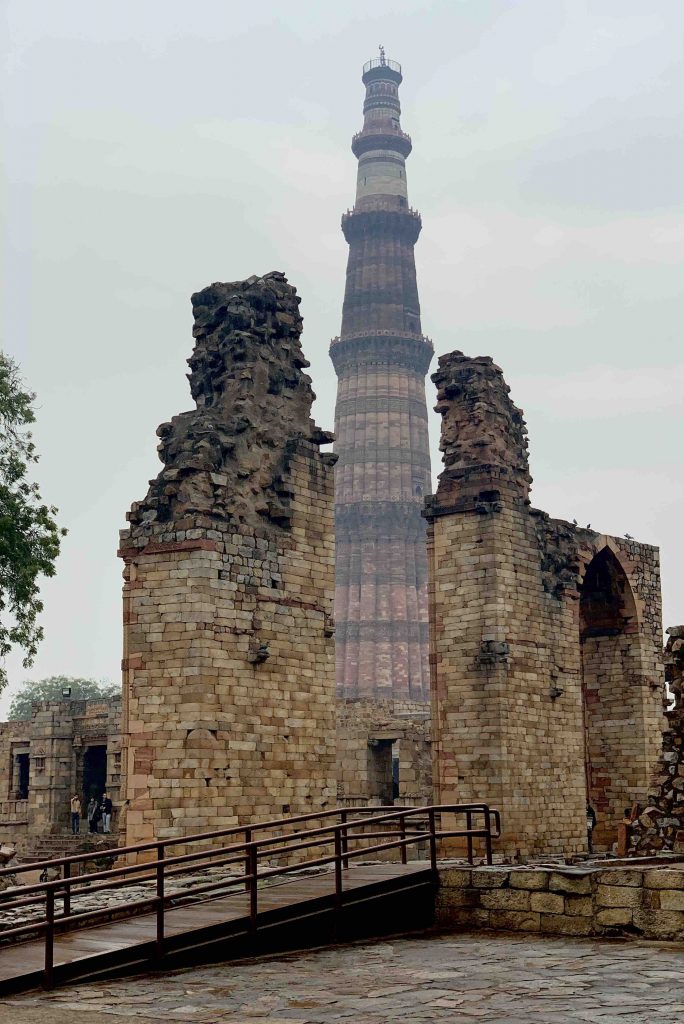
10. Fostering Emotional Connections:
Elevating your travel photography from mere visual documentation to a medium that fosters profound emotional connections is a powerful way to evoke empathy, curiosity, and a shared sense of humanity within your audience. By infusing your photographs with elements that evoke a sense of wonder, nostalgia, or awe, you can transcend geographical boundaries and inspire viewers to develop a deeper appreciation for the cultural richness and natural beauty that adorn our world. Here are some additional insights to help you foster emotional connections and create a lasting impact through your photography:
- Cultivate a Sense of Empathy: Cultivate a sense of empathy and understanding by capturing the human experiences, struggles, and triumphs that define the essence of the destination. Document the everyday lives of the locals, their aspirations, and their unique stories, allowing viewers to develop a deep sense of connection and empathy for the shared human experiences that transcend cultural and geographical boundaries.
- Evoke a Nostalgic Narrative: Evoke a nostalgic narrative by capturing the time-honored traditions, customs, and cultural practices that reflect the enduring legacy and resilience of the community. Showcase the rituals, festivals, and age-old customs that have stood the test of time, inviting viewers to reminisce about their own cultural roots and encouraging a shared appreciation for the timeless values and traditions that bind us together as a global community.
- Inspire a Sense of Wonder and Exploration: Inspire a sense of wonder and exploration by capturing the breathtaking landscapes, architectural marvels, and natural wonders that evoke a sense of awe and reverence for the beauty and diversity of the world. Encourage viewers to embark on their own journey of discovery and exploration, igniting a passion for adventure, cultural immersion, and a deeper understanding of the interconnectedness of our global ecosystem and cultural heritage.
- Encourage Environmental Stewardship: Encourage environmental stewardship and a sense of responsibility for preserving the natural beauty and ecological balance of the destinations you capture. Highlight the fragile ecosystems, endangered species, and sustainable practices that underscore the importance of environmental conservation and sustainable tourism. By fostering a sense of environmental consciousness, you can inspire viewers to become advocates for the preservation and protection of our planet’s natural wonders and cultural treasures for future generations.

Travel photography is not just about capturing pretty pictures; it’s about encapsulating the soul of a place and its people. By understanding the cultural nuances, experimenting with composition and lighting, and telling compelling visual stories, you can create a collection of photographs that serve as timeless mementos of your travel experiences. Embrace these creative ideas, and let your photographs become a window to the world’s rich tapestry of cultures, landscapes, and human experiences.
USING APPS IMPROVE PHOTOGRAPHY SKILLS:
Understanding the details behind a photograph is crucial for refining your photography skills. EXIF Viewer by Fluntro app can provide comprehensive metadata, including camera settings, exposure details, and geolocation data, allowing you to analyze successful shots and identify areas for improvement. By dissecting the EXIF data, iPhone photography users can gain valuable insights into their shooting techniques, enabling them to make informed adjustments and elevate their photography prowess.
Appstore Link: – https://apps.apple.com/us/app/exif-viewer-by-fluntro/id944118456
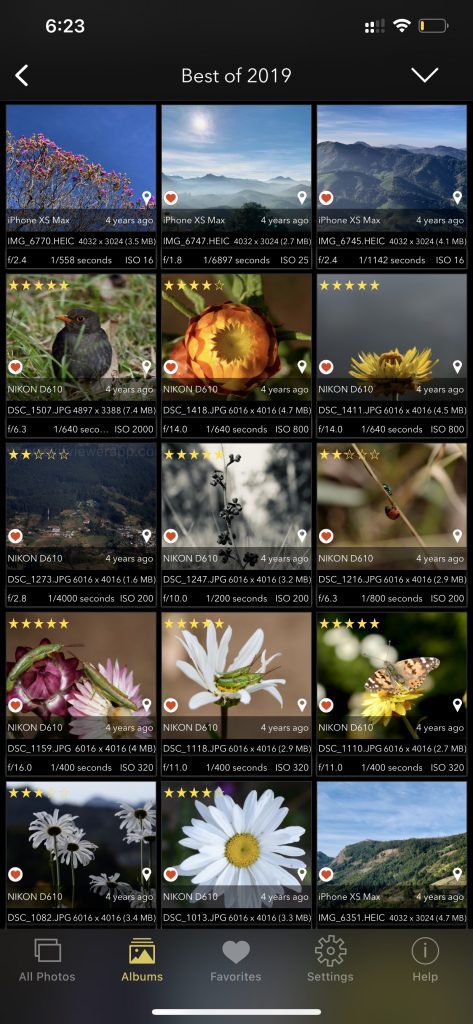

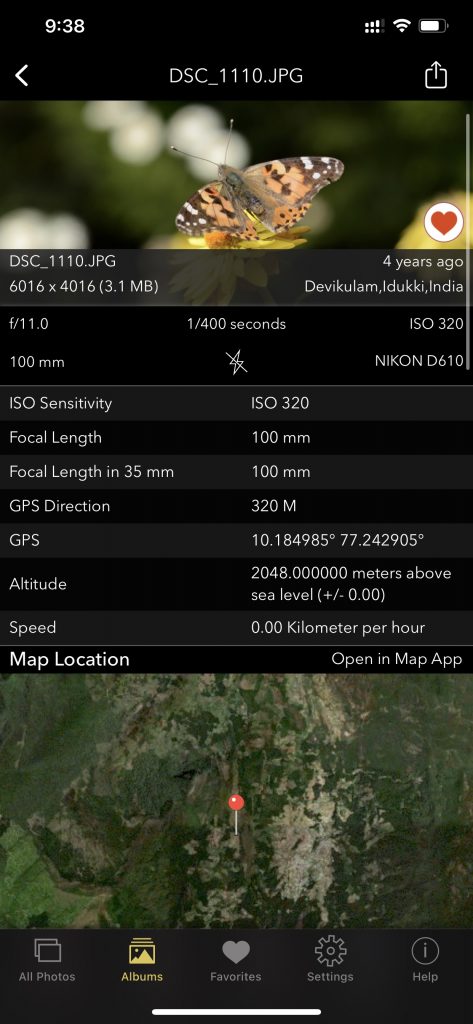
Screenshot of EXIF Viewer App images showing 30+ exif metadata

App Features:
- View EXIF Data: Quickly access the EXIF tags of your Photos and Videos, providing essential information about camera settings, location data, and more.
- Remove EXIF Data: Safeguard your privacy by easily removing EXIF metadata before sharing Photos and Videos on social media or other platforms.
- Edit EXIF Data: Modify incorrect details like date and time, ensuring accurate image information.
- Geolocation Details: Instantly view, remove and edit Geotagging – GPS location, GPS coordinates, altitude, and direction with advanced features.
- iOS and iCloud Integration: Access EXIF metadata across your iOS devices and iCloud seamlessly.
- Photo EXIF Tags: Discover essential EXIF data, including ISO, Shutter Speed, Focal Length, Camera Model, lens model, Aperture, Photo Keywords and more.
- Image Details: Access information such as image DPI, height, and width on your iPhone and iPad.
- High-Resolution Image Viewing: Seamlessly zoom in on high-resolution photos of up to 80 MB with exceptional clarity.
- Date Format Options: Customize date formats to your liking for a convenient viewing experience.
- Privacy Control: Effortlessly conceal photos without EXIF metadata for enhanced privacy.
- EXIF Viewer Photos Extension: Access EXIF data directly from the native Photos app or other third-party apps.
- Flexible Sharing: Easily share images with options to include or exclude EXIF metadata.
- Copy to Clipboard: Copy EXIF data to the clipboard for convenient sharing across multiple applications.
- Metadata Retention: Learn how the app retains EXIF metadata while sending photos through Mail, AirDrop, and other sharing methods.
To Download App:
- Visit the App Store on your iPhone or iPad.
- Search for “EXIF viewer by Fluntro“.
- Download and install the app. EXIF Viewer app allows you to View, Remove and Edit image and video metadata.
Checkout the preview video of Exif Viewer by Fluntro: